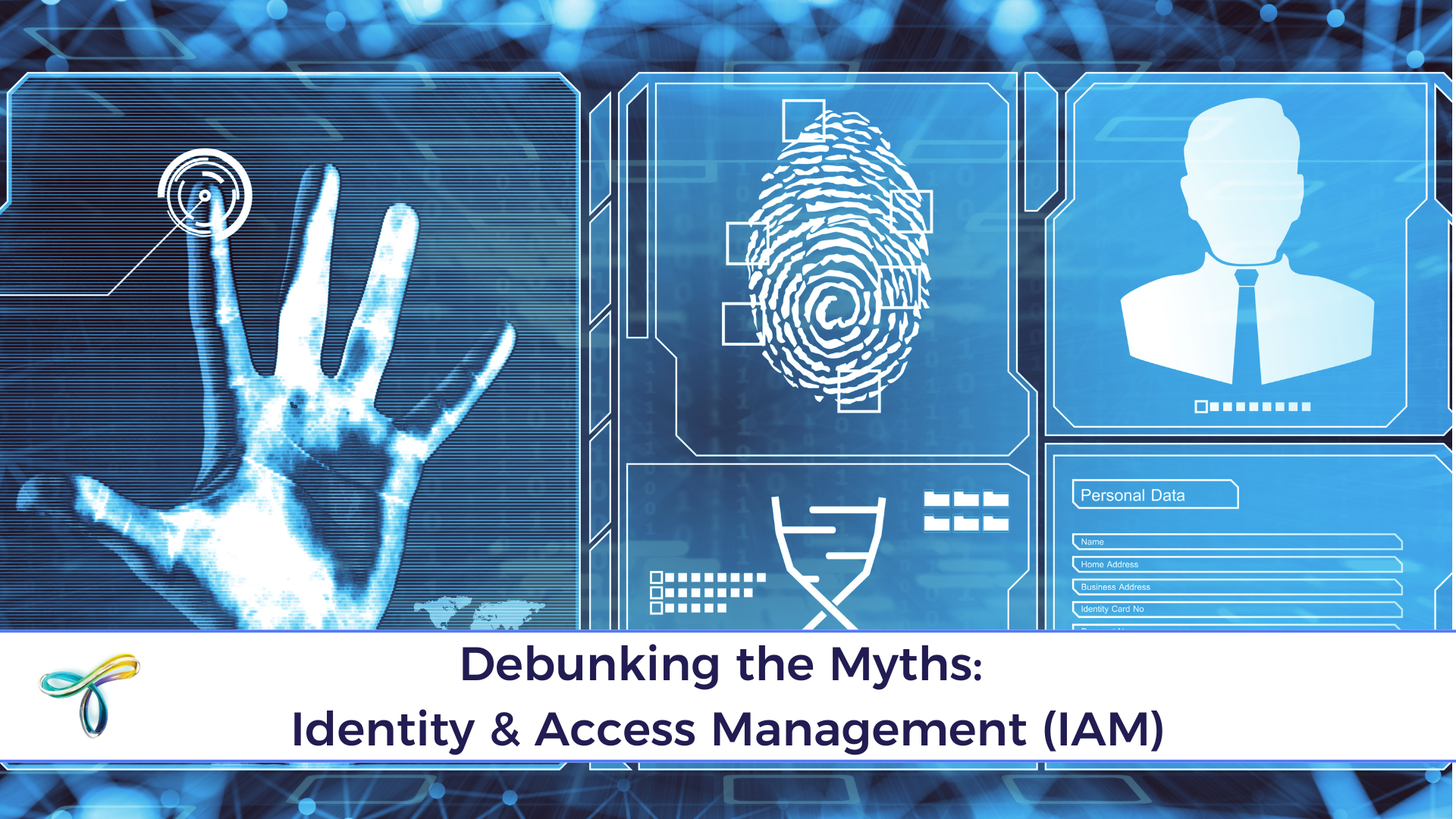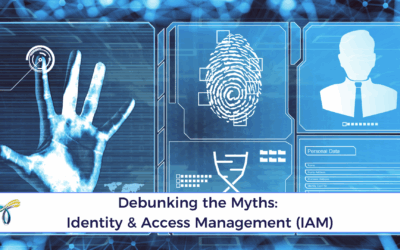The hospitality industry is built on delivering exceptional guest experiences, but in today’s digital age, protecting guest data is as critical as ensuring their comfort. From online bookings to personalised services, the hospitality sector collects and processes vast amounts of sensitive data, including payment details, preferences, and travel itineraries. A breach in this data can lead to significant financial and reputational damage. This article explores the unique challenges of data security in hospitality, best practices for safeguarding guest information, and the technologies helping secure the future of the industry.
Why Data Security Matters in Hospitality
Hospitality businesses handle sensitive guest data at every stage of their operations, including:
- Reservations: Online and in-person booking systems store personal and payment information.
- Personalisation: Loyalty programs and guest profiles track preferences and behaviours for tailored services.
- Operations: Smart room technologies and IoT devices enhance guest experiences but introduce security vulnerabilities.
A single breach can result in:
- Identity Theft: Stolen guest data can be misused for fraudulent activities.
- Reputational Damage: A breach erodes customer trust, impacting loyalty and bookings.
- Regulatory Penalties: Non-compliance with data protection laws like GDPR, PCI DSS, and CCPA can result in significant fines.
Key Data Security Challenges
The hospitality industry faces unique data security challenges, including:
- High Volume of Transactions: Hotels, restaurants, and travel agencies process millions of daily transactions, making them prime targets for cybercriminals.
- Third-Party Integrations: Partnerships with booking platforms, payment processors, and service providers create vulnerabilities in data sharing.
- IoT Devices and Smart Rooms: Connected devices enhance guest experiences but increase the risk of hacking.
- Seasonal and High-Volume Operations: Peak periods like holidays can strain systems, increasing the likelihood of oversight and breaches.
- Legacy Systems: Many hospitality businesses still rely on outdated systems that lack modern security features.
Best Practices for Data Security in Hospitality
To protect guest data, hospitality businesses should adopt a robust data security strategy:
- Encrypt Guest Data: Use strong encryption for all sensitive data, including payment details and personal information.
- Secure IoT Devices: Implement endpoint security, regularly update firmware, and segment networks to protect smart devices.
- Adopt PCI DSS Compliance: Ensure payment processing systems meet industry security standards to protect against card fraud.
- Monitor Networks Continuously: Use AI-driven tools to detect suspicious activity and respond to threats in real time.
- Train Staff: Educate employees on recognising phishing attempts, handling guest data securely, and following cybersecurity protocols.
- Regularly Audit Systems: Conduct frequent security audits to identify and address vulnerabilities in IT infrastructure.
- Implement Access Controls: Limit employee access to sensitive data based on their roles to minimise insider threats.
Leveraging Technology
Emerging technologies are playing a critical role in strengthening data security in the hospitality industry:
- AI and Machine Learning: AI systems analyse guest interactions and transaction patterns to detect anomalies, flagging potential breaches.
- Blockchain for Loyalty Programs: Blockchain secures loyalty program data, ensuring transparency and protecting against fraud.
- Biometric Authentication: Fingerprint or facial recognition technology enhances security for check-ins and in-room services.
- Cloud Security Solutions: Secure cloud platforms protect guest data and enable efficient, scalable operations.
- Zero-Trust Security Models: These frameworks require continuous verification for every user and device accessing sensitive systems.
Future Trends in Hospitality Data Security
The hospitality industry is evolving its data security strategies to keep pace with new challenges. Key trends include:
- Personalised Data Privacy: Balancing personalised services with enhanced data protection to meet guest expectations.
- Secure Contactless Solutions: As contactless check-ins and payments become standard, ensuring their security will be critical.
- Global Compliance Standards: Harmonising data protection practices across international markets to ensure consistent security.
- Real-Time IoT Threat Monitoring: Advanced systems will continuously monitor IoT devices in smart hotels for vulnerabilities.
- Guest-Centric Education: Empowering guests to protect their data by raising awareness of phishing and fraud risks.
Balancing Personalisation and Privacy
Data security in hospitality is about more than compliance—it’s about protecting guest trust and enhancing their overall experience. By adopting advanced technologies, implementing best practices, and prioritising cybersecurity, hospitality businesses can deliver seamless and secure services. As the industry continues to innovate, staying ahead of data security challenges will be critical to maintaining competitive advantage and guest loyalty.





